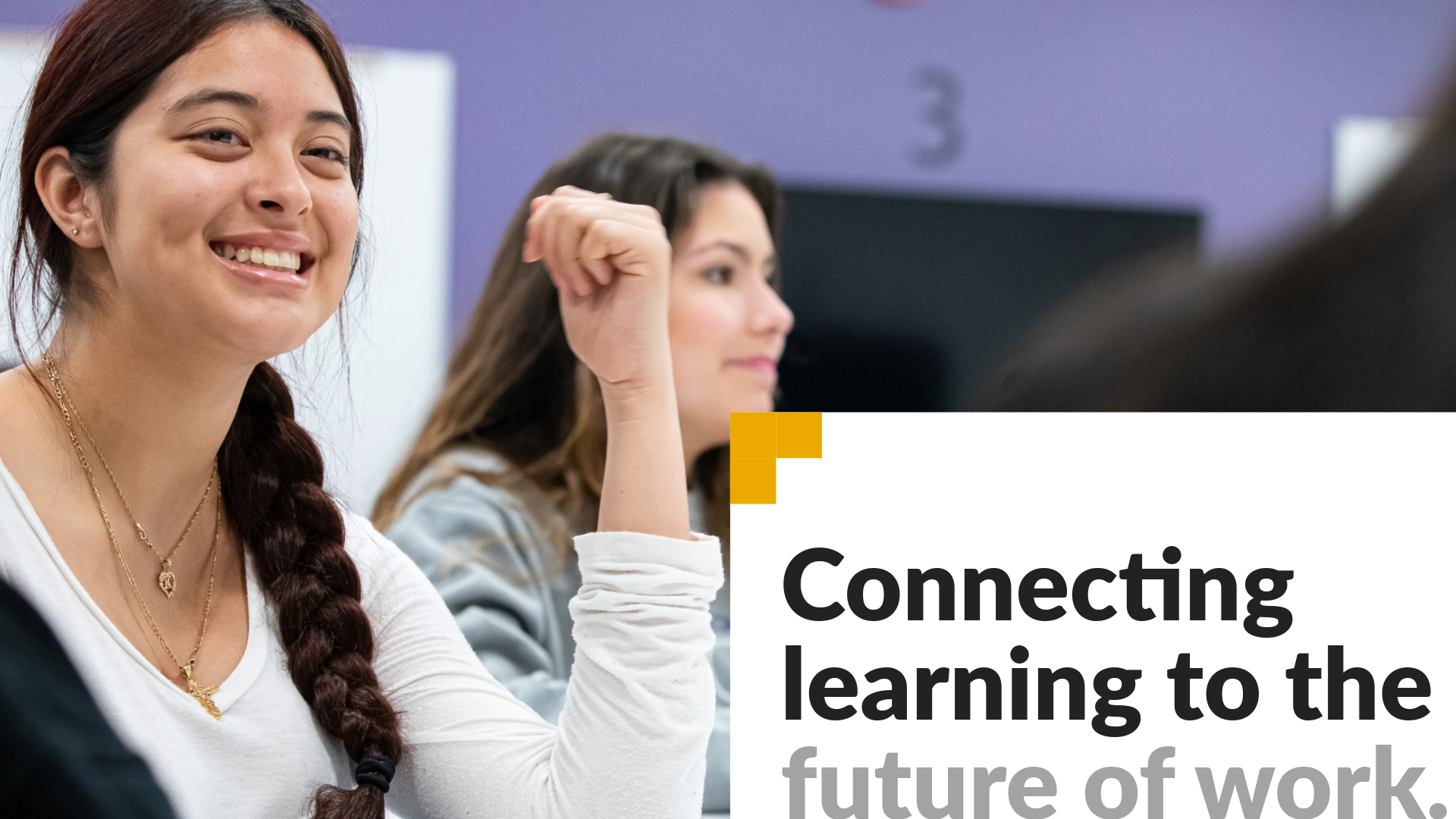Enhancing Academic Advising

To ensure CSULB is student ready, unifying university academic advising practices and aligning goals with our strategic mission is the objective of a newly assembled task force.
In fall 2022, Provost Karen Scissum Gunn, Associate Vice Provost Kerry Johnson, and University Center for Undergraduate Advising Director Paul Henderson sought out a comprehensive review of CSULB’s advising program by NACADA, The Global Community for Academic Advising. The goal of this expert examination: To ensure the university is meeting best practice standards, and to solicit recommendations for improving the program model in order to meet the needs of today’s students.
Amid ongoing shifting trends in the economy and labor market, preparing learners for long-term success remains a pillar of CSULB’s efforts to engage all students. Integral to this mission is a robust advising infrastructure, one that helps orient students to the university experience, make informed decisions about their future, and set and evaluate goals.
Framed by NACADA’s Nine Conditions of Excellence, the review examined elements of CSULB’s advising practices, from the institutional commitment demonstrated across campus, to availability of advising technology and the processes in place for the systematic assessment and evaluation of the role of advising in higher education. Among the feedback from the advising association were recommendations to develop campus-wide definitions on academic advising, create consistency in advising experiences among first-year and transfer students, and enhance and standardize professional training and development for academic advisors.
The work of the task force — comprised of campus leaders and students from an array of backgrounds — will dive into developing a unified campus-wide advising plan to tackle needed improvements to CSULB’s advising methods and alignment with the Beach 2030 Strategic Plan. Core to these efforts will be prioritizing NACADA’s recommendations, developing an assessment plan, and developing a timeline for implementation.
As we bolster CSULB to be a student-ready university prepared to meet the needs of today’s learners, and equip them for success beyond graduation, we must connect learning to the future of work. Guaranteeing high-impact practices such as proactive advising to aid in their professional pursuits early on is a central component of these efforts.
At the same time, being an institution ready to serve the students of today and tomorrow means we must foster a community of belonging at CSULB. University advisors, who serve an integral role in helping students acclimate to college, are critical in achieving this mission, lending essential support to our learners during a time often marked by big changes personally and professionally. Investing in a robust advising foundation is a commitment to cultivating a healthy and engaged campus community.





